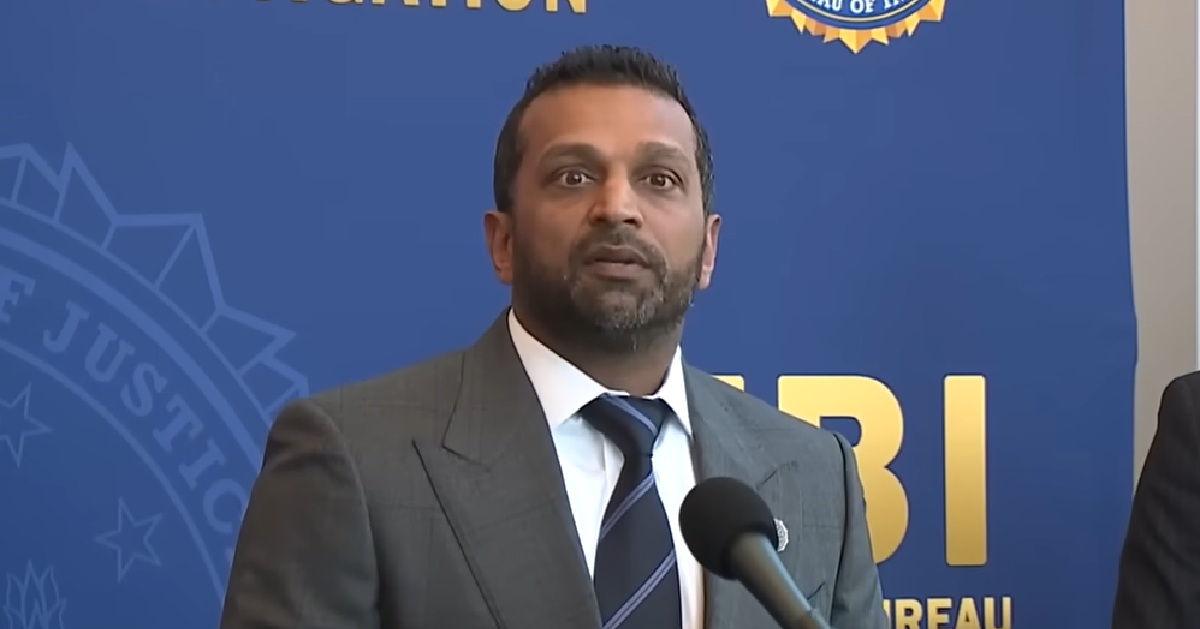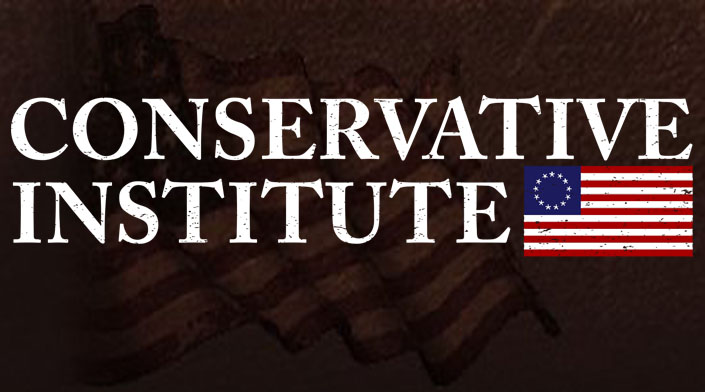Supreme Court to hear arguments Monday in yet another challenge against Obamacare
The so-called Affordable Care Act, better known as Obamacare, is undeniably the centerpiece of former President Barack Obama's legacy, but its constitutionality has once again been called into question before the Supreme Court.
At issue in oral arguments scheduled for Monday is the legality of an ACA provision that requires private health insurance companies to provide free coverage for certain preventive health care, along with the independent panel that decides which services must be provided, NBC News reported.
A Supreme Court ruling against the law would not only further tarnish Obama's legacy but also, as experts and the media decry, would place at risk dozens of no-cost health services that tens of millions of Americans have reportedly used over the years to prevent various cancers and illnesses.
ACA's free preventive services mandate challenged
When the ACA was signed into law by then-President Obama in 2010, it included a provision that requires free insurance coverage for certain preventive health care measures, including cancer screenings, statins for heart disease, and HIV prevention medications known as PrEP, among other things.
The law also established an independent panel known as the U.S. Preventive Services Task Force, which was authorized to make recommendations on which preventive services must be provided by insurance companies at no cost to the insured.
However, citing religious faith-based objections, a group of conservative Christian employers in Texas filed a lawsuit challenging the constitutionality of the ACA's requirement and the apparent authority of the Task Force.
The employers argued that the provision in question violates their First Amendment-protected religious rights in that it requires them to provide services they don't agree with, as well as that the Task Force is unconstitutional since its members are not appointed by the president or confirmed by the U.S. Senate.
The case, known as Kennedy v. Brainwood Management, is set for oral arguments before the Supreme Court on Monday, and a final ruling from the justices is expected to come in June or July.
Trump admin is defending the challenged provision and Task Force
According to SCOTUSblog, the lawsuit was first filed several years ago in Texas and the arguments of the plaintiffs found favor with U.S. District Judge Reed O’Connor, a Bush nominee, who ruled that all of the requirements imposed by the Task Force since 2010 were invalid and further barred the government from implementing or enforcing any new or existing preventive services requirements.
That ruling was appealed by the Biden-Harris administration but was partially upheld by a 5th Circuit appellate panel, at least in so far as the unconstitutionality of the Task Force. Yet, the panel walked back the invalidation of all prior Task Force recommendations and limited the prohibition on enforcement to only apply to the plaintiffs in the suit.
The Biden-Harris administration brought the matter to the Supreme Court in September, and interestingly enough, the new Trump administration revealed that it too would defend the law, albeit with different arguments on different grounds than their predecessors.
The outlet further reported that, according to the Trump administration's brief filed in February, the challenged Task Force is constitutional and its recommendations are lawful because the 16-member panel is appointed as "inferior officers" by the Health and Human Services secretary, who retains the right to remove members at any time and whose recommendations can be adopted or ignored at the secretary's discretion.
What is at stake here?
Quite predictably, the media have played up the potentially dire consequences of a possible ruling against the ACA, with NBC News quoting the warning issued about an adverse ruling in this "really crucial case" by Arthur Caplan, head of the medical ethics division at NYU's Langone Medical Center, who asserted, "The price will be paid in dead bodies if the court rules against."
The situation may not be quite that severe, though, as health care attorney Richard Hughes told the outlet that Americans might see a "gradual erosion" of free preventive services offered by insurance companies, and further explained, "I think you’re going to see some restriction of access, you’re going to see cost sharing applied to certain services, and that’s been shown to be a barrier, because people are more inclined to walk away from a service when they’re presented with an out-of-pocket cost."





